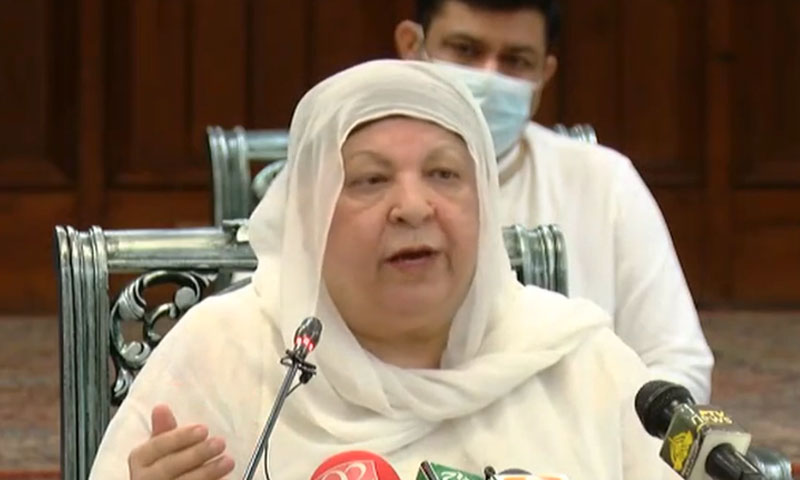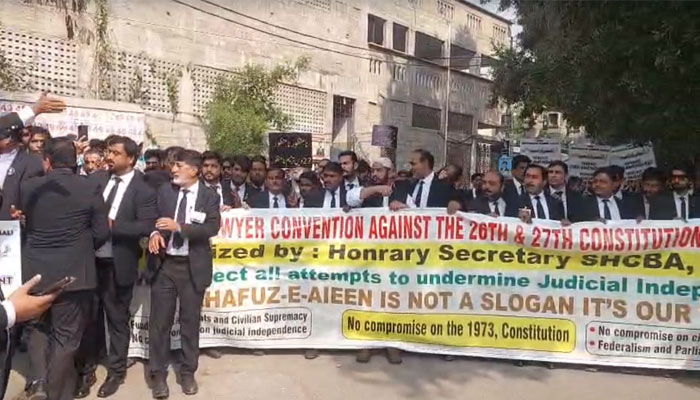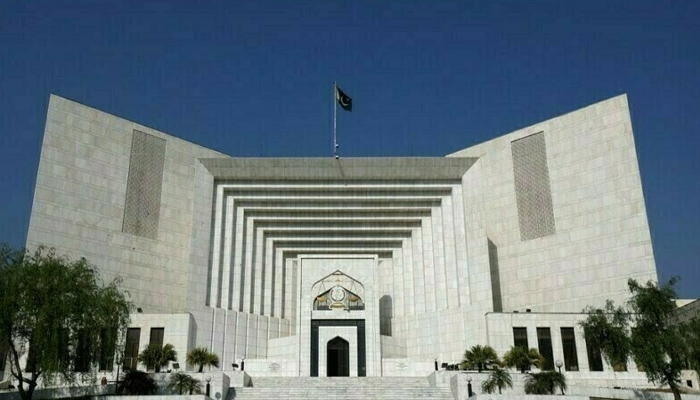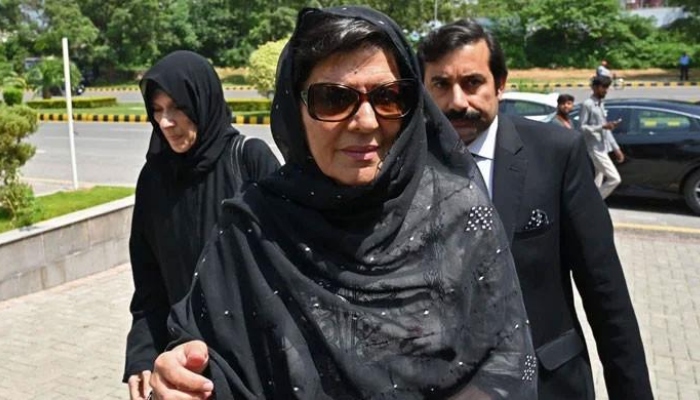LEGAL
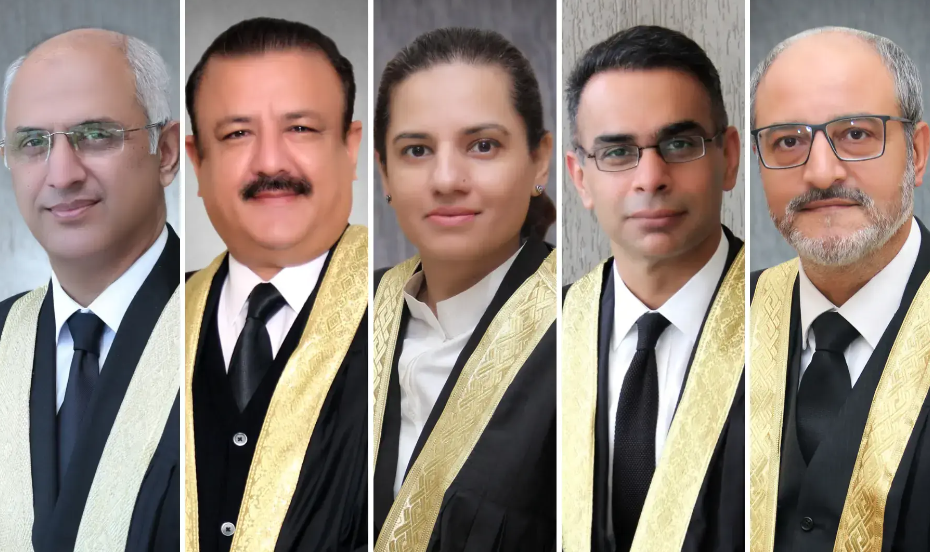
Five judges of the Islamabad High Court (IHC) on Saturday filed a miscellaneous petition before the Federal Constitutional Court (FCC), challenging the transfer of their intra-court appeal from the Supreme Court (SC) to the newly constituted constitutional forum.
The petition was filed by Justice Mohsin Akhtar Kayani, Justice Babar Sattar, Justice Sardar Ejaz Ishaq Khan, Justice Saman Rafat Imtiaz and Justice Tariq Mehmood Jahangiri. The case concerns the transfer of three judges from different high courts to the Islamabad High Court — a matter the Supreme Court’s Constitutional Bench ruled in June was not unconstitutional.
After the SC’s decision, the five IHC judges filed an intra-court appeal. However, the appeal was subsequently listed before the FCC for November 24 under the provisions of the 27th Constitutional Amendment, which established the new court.
Judges Argue SC Is the Appropriate Forum
In their miscellaneous petition, the IHC judges requested that the appeal be returned to the Supreme Court, asserting that the matter constitutionally falls within the jurisdiction of the apex court. They contended that transferring the case to the FCC under the 27th Amendment was itself unconstitutional, as the amendment conflicted with fundamental constitutional principles.
The petition stated that the Constitution identifies the legislature, executive, and judiciary as the three central pillars of the state, each with clearly defined roles and limitations. The judges argued that while Parliament has the authority to amend the Constitution, it cannot use this power to restructure, undermine, or dilute the judiciary—an essential component of the constitutional framework.
Challenge to 27th Amendment and Judicial Independence
The petitioners insisted that several Supreme Court judgments have reinforced the separation of powers and the protection of judicial independence, and that the appellate jurisdiction in cases of this nature remained with the SC unless explicitly altered in a manner that does not compromise the judiciary’s constitutional existence.
The judges argued that since the 27th Amendment itself is under challenge for being inconsistent with the Constitution’s basic structure, any transfer of jurisdiction based on it is legally flawed.
With the petition now filed, the FCC will determine whether it has the authority to hear the appeal or must return the matter to the Supreme Court.
Earlier Attempt to Approach SC Blocked
Earlier this week, four of the same five judges — excluding Justice Jahangiri — attempted to challenge the 27th Amendment directly before the Supreme Court under Article 184(3). However, the SC declined to entertain the petition, advising the judges to approach the FCC instead.
According to their draft petition, the judges had also challenged amendments to Article 200, which now allow the transfer of high court judges without their consent. They argued that such provisions create risks of pressure, retaliation, and manipulation of court benches, undermining judicial independence.
The ongoing legal battle is expected to clarify the boundaries of constitutional amendments affecting the judiciary and the scope of the newly created Federal Constitutional Court.

